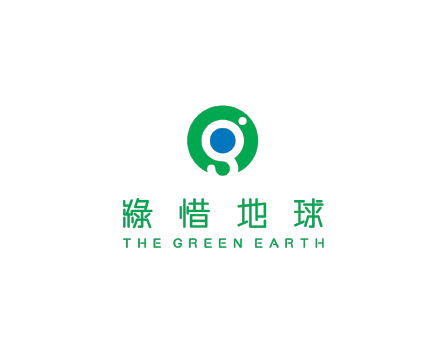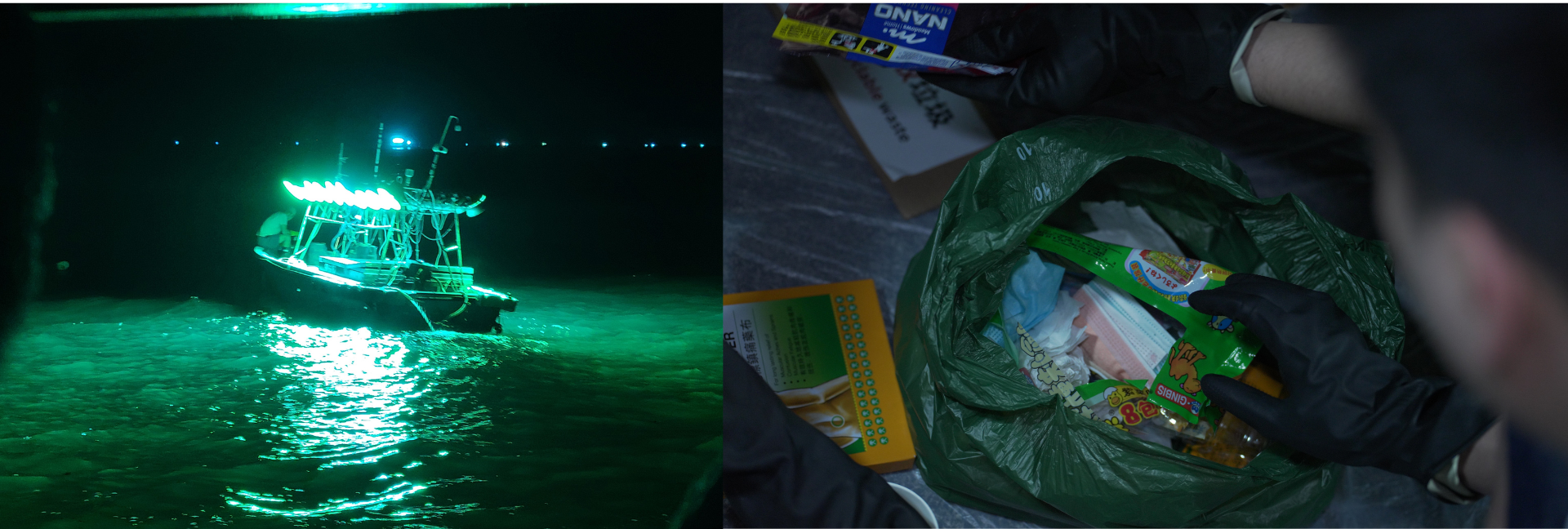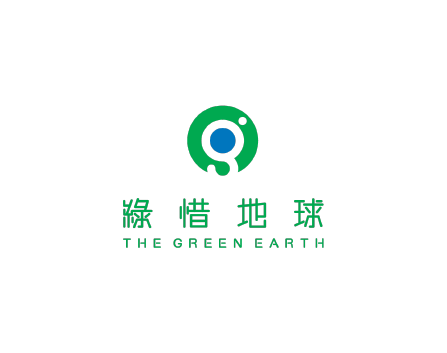Hong Kong Must Ensure ‘Degradable’ Plastics Don’t Do More Harm Than Good
 18 May 2022
18 May 2022
- Category
- Keywords

(18 May 2022 SCMP) The Green Earth has reservations about the report released in April by the Council for Sustainable Development on the public engagement conducted on the control of single-use plastics, particularly the suggestion of controlling “degradable” plastics. Noting that there is a lack of evidence that these plastics would effectively degrade in landfills and that they may contaminate the recycling system, the council said any single-use plastic control measures should also cover “new plastics”. However, in its policy recommendations, the council narrowly recommended controlling one kind –“oxo-degradable plastics”.
Many misunderstand “degradable”, thinking the term is equivalent to “completely degraded in the environment”. Generally speaking, degradable plastics are non-degradable traditional plastics mixed with additives to facilitate the breaking down of plastics.
Additives can accelerate the fragmentation of the plastic product under high temperatures and UV light. Still, it will eventually fragment into microplastics, posing an even more severe threat to the ecosystem.
Another plastic product available in the market is made from polylactic acid (PLA). It is not made of fossil fuels and is theoretically 100 per cent biodegradable. However, to achieve the desired degradation, it must be placed in a specific environment, such as a high temperature of 60 degrees Celsius and relative humidity of 60 to 70 per cent, for 90 days. Do these conditions occur in the natural environment? If not, these products are similar to ordinary plastic products that eventually become microplastics.
California has enacted regulation to control plastic degradability claims. A report in 2020 by the UN Environment Programme and Consumers International stressed the importance of clear definitions, noting that “compostability and biodegradability labels only received mixed or negative net assessments” in their review. The best practice is to adopt a unified local standard with a designated certification logo to prevent misunderstanding.
Hong Kong’s biodegradable plastics market is messy, lacking regulatory standards for “degradable” plastics. There is no uniform label for consumers to identify those products and understand how to dispose of them after use.
The Green Earth does not wholly oppose degradable plastic products. Still, in the absence of effective and comprehensive regulation, we urge the Environmental Protection Department and the Customs and Excise Department to adopt a conservative principle and:
– Ban degradable plastic products that cannot fully degrade in Hong Kong.
– Update the Trade Descriptions Ordinance to standardise claims for “degradable” plastics.
– Mandate that businesses indicate degradation conditions to prevent misleading claims and let consumers know how to manage used products.
Edmond Lau
Senior Project Officer, The Green Earth


 Green Talks
Green Talks 

 Back
Back
 26 Jan 2026
26 Jan 2026


